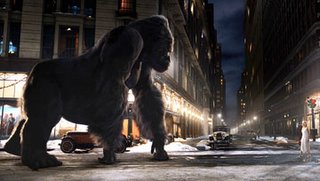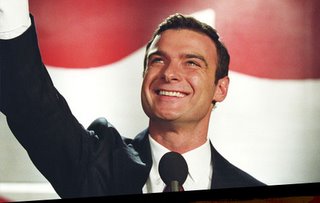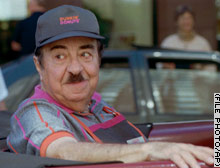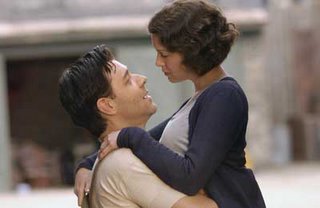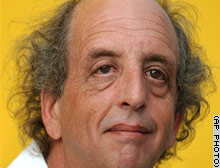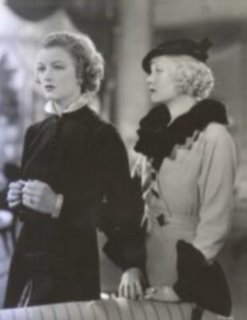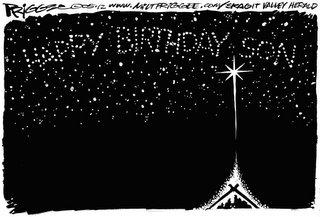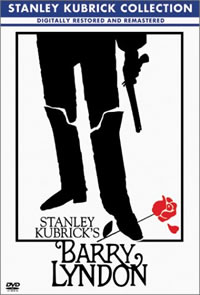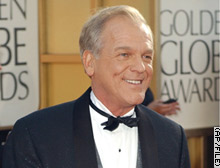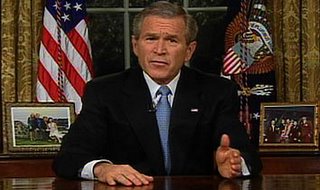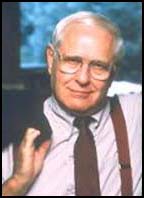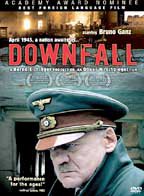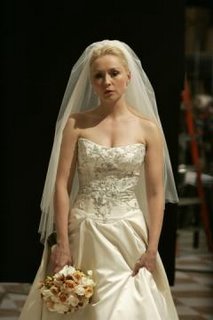A Calendar Of Passings

A list of just some of the people we lost in 2005
Jan 1- Shirley Chisholm, first black congresswoman, age 80
Jan 22- Rose Mary Woods, Nixon's private secretary, age 87
Jan 23- Johnny Carson, late show host, age 79
Feb 2- Max Schmeling, boxer, age 99
Feb 4- Ossie Davis, actor and playwright, age 87
Feb 10- Arthur Miller, playwright, age 89
Feb 20- Sandra Dee, actress, age 62
Feb 20- Hunter S. Thompson, journalist, age 67
March 6- Teresa Wright, actress, age 86
March 19- John DeLorean, automaker, age 80
March 29- Johnnie Cochran, "lawyer to the stars", age 67
March 31- Frank Perdue, poultry entrepreneur, age 84
March 31- Terri Schiavo, controversial life-support recipient, age 41
April 2- John Paul II, pope, age 84
April 6- Prince Rainier, prince of Monaco, age 81
May 26- Eddie Albert, actor, age 99
June 6- Anne Bancroft, actress, age 73
July 17- Edward Heath, former Conservative British PM, age 89
July 18- William Westmorland, U.S. general once in charge of Vietnam War operations, age 91
July 20- James Doohan, "Scotty", age 85
Aug 7- Peter Jennings, news anchor, age 67
Sept 2- Bob Denver, "Gilligan", age 70
Sept 3- William H. Rehnquist, Chief Justice of U. S. Supreme Court, age 80
Sept 14- Robert Wise, director, age 91
Sept 20- Simon Wiesenthal, Nazi hunter, age 96
Oct 24- Rosa Parks, civil-rights activist, age 92
Nov 24- Pat Morita, actor, age 73
Nov 26- Stan Berenstain, childrens book author, age 82
Dec 10- Eugene McCarthy, senator and presidential candadite, age 89
Dec 10- Richard Pryor, actor/comedian, age 65
Dec 16- John Spencer, actor, age 58
